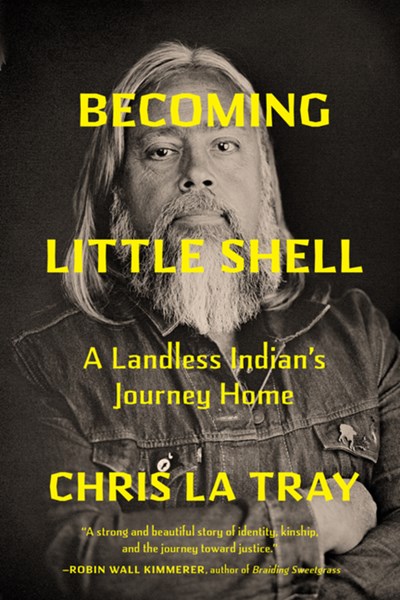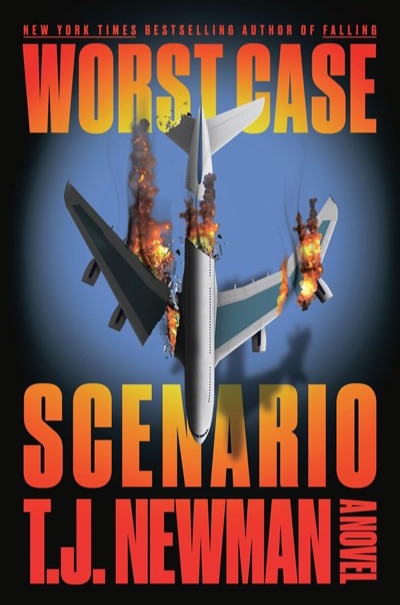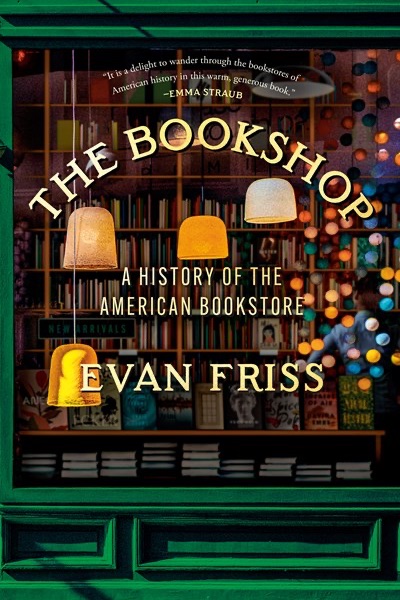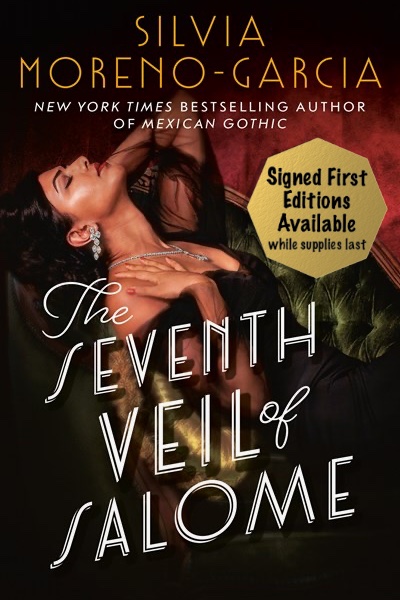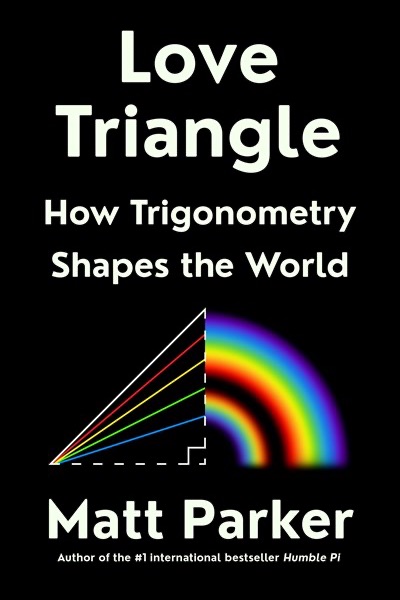
#1 INTERNATIONAL BESTSELLER
An ode to triangles, the shape that makes our lives possible
Trigonometry is perhaps the most essential concept humans have ever devised. The simple yet versatile triangle allows us to record music, map the world, launch rockets into space, and be slightly less bad at pool. Triangles underpin our day-to-day lives and civilization as we know it.
In Love Triangle, Matt Parker argues we should all show a lot more love for triangles, along with all the useful trigonometry and geometry they enable. To prove his point, he uses triangles to create his own digital avatar, survive a harrowing motorcycle ride, cut a sandwich, fall in love, measure tall buildings in a few awkward bounds, and make some unusual art. Along the way, he tells extraordinary and entertaining stories of the mathematicians, engineers, and philosophers—starting with Pythagoras—who dared to take triangles seriously.
This is the guide you should have had in high school—a lively and definitive answer to “Why do I need to learn about trigonometry?” Parker reveals triangles as the hidden pattern beneath the surface of the contemporary world. Like love, triangles actually are all around. And in the air. And they’re all you need.






